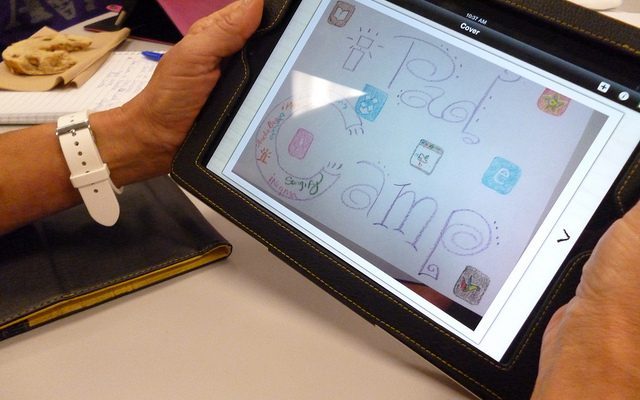How Did We Get Here? Part II: Early Learning in America

This is one of a multi-part series on the progression of education policies in the U.S. from its founding. Click here to see a list of all the posts in this series.
By Matthew Lynch
When the public school systems of America were first founded in in the late 1700s, they were practical places. In a growing country trying to build a stable economy on the world stage, public schools stood as the building blocks for the next generation of U.S. workers. Students did not need more than a few years to learn the basics of what they would need to propel the nation forward to its next level. Socialization and learning side skills, like manners, were perks of the public school system but not primary goals. The success of a particular education path was determined by the functionality in society of the student upon completion.
Without a national system in place to address educational issues, it fell on the shoulders of private institutions of Colonial America. Education was not mandatory and there were very few paid educators. Learning endeavors were voluntary – both on the part of the students and those who were able to teach. Knowledge did come with value attached but not as much, say, as learning the skill of a particular trade. Apprenticeships were common and “idle” learning was viewed negatively.
Much of the prescribed education during this cornerstone period of the nation’s growth happened in the home. Learning to read was often a task assigned to mothers, though without access to paper, most colonial children learned to write and trace letters using the ashes of the fireplace. When children had mastered enough to read on their own, they received a Bible in hand or another piece of British literature. As a result of this devotion to learning set forth by mothers, most children who did attend school already knew how to read when they arrived at the age of 7 or 8.
That’s an interesting thing to consider, particularly since the children entering today’s Kindergarten classrooms generally do not possess proficiency in literary skills. Kindergarten students, at least the ones considered “ready,” should know the alphabet, how to write their first and last names, and how to count to 20. From there, today’s teachers are expected to turn them into voracious readers who fall in love with literacy. By the age of 5 or 6 (more parents than ever are choosing to delay Kindergarten starts by one year for their kids), the seeds of interest have already been planted in kids’ heads. What’s more – by the age of 5, many learning opportunities have been missed. Research has found time and again that the first five years of a child’s life are the most vital to an individual’s overall knowledge base.
Waiting until Kindergarten to learn reading, math and other language concepts means a large missed window of learning opportunities. Children are hard-wired for learning but in contemporary America, the first five years of life are widely regarded as ones that belong to the “play” category. There are certainly things that are learned through play and everyday life but concentrated, organized learning tends to be reserved for years following the first half-decade of a child’s life. This was not the case when it came to Colonial families. Learning was a responsibility of home life and one that was not relegated to the few formal education systems that existed.
In the late 1700s, when children knew enough to reach their perceived potential in life, they left school to enter the workforce – whether on the family farm or in a trade outside their homes. Women used their own knowledge sets on the domestic front, and eventually to teach their own children. Very few Colonial-time students went on to college and very few really needed it. For all intents and purposes, school was for learning the practical side of life and for developing a shared sense of knowledge among the youth of the young nation.
Clearly, today’s U.S. educational system is much different — so how did we get here? Follow me in this series to learn more about the progression of education in America from those earliest days to contemporary classrooms.






